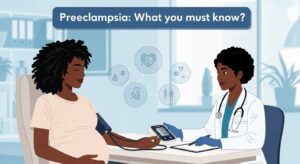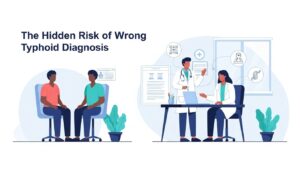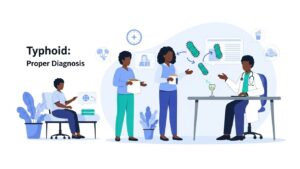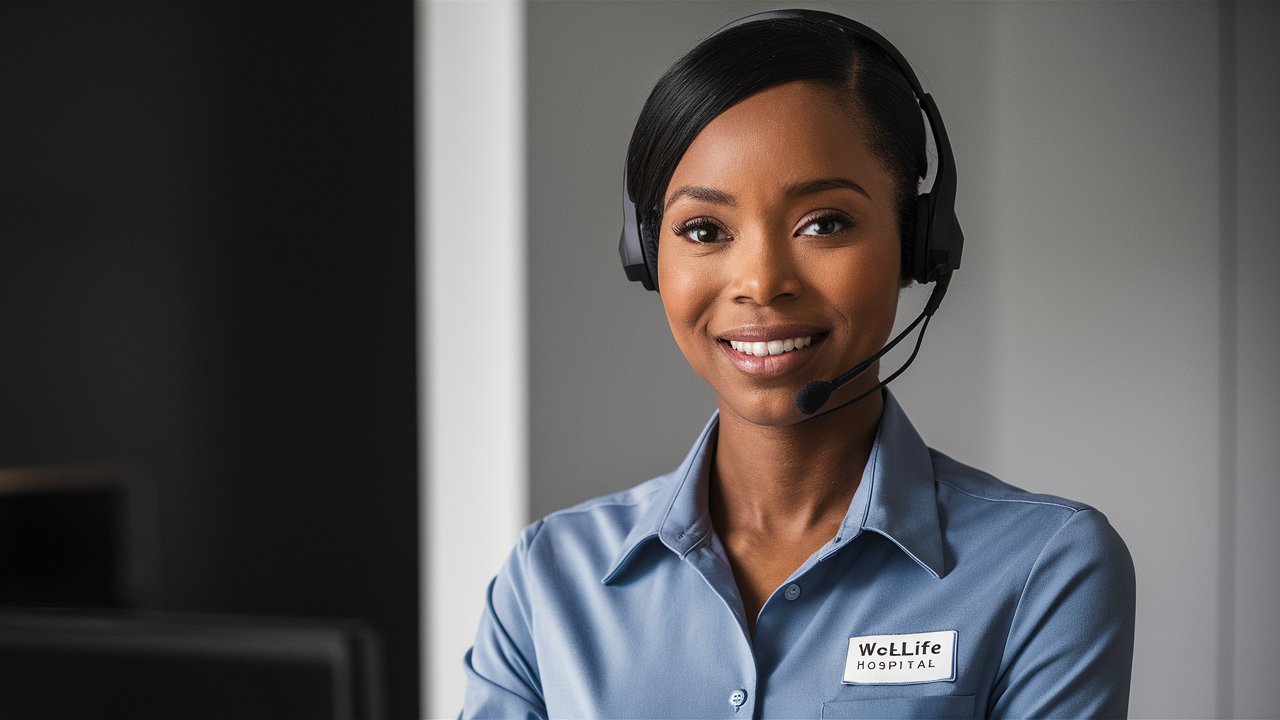If you’ve ever lost someone to a preventable illness, you know the sting that comes with the thought “If only we’d acted sooner.” Cervical cancer is one of those tragedies we can avoid in many cases. The tool? A small jab in the arm: the HPV vaccine. In Nigeria, understanding the Cervical Cancer Vaccine age limit and where to access the Cervical Cancer Vaccine in Nigeria can make a life-saving difference. It’s not just about avoiding a disease. It’s about preserving futures, protecting families, and giving people, especially women, the chance to live free from a cancer that still claims far too many lives in Nigeria and around the world.
What Exactly Is Cervical Cancer?
Cervical cancer starts in the cells lining the cervix, which is the narrow passage at the lower end of the uterus. In its early stages, it may not cause obvious symptoms, which is why many women only find out when it’s advanced. By then, treatment becomes more challenging, and survival rates decline.
Globally, this cancer is the fourth most common cancer in women, but here in sub-Saharan Africa, it ranks even higher. Limited screening, late diagnoses, and low vaccination rates all fuel the problem.
The Real Culprit: HPV
Most cases of cervical cancer are caused by certain strains of the Human Papillomavirus (HPV). HPV is ubiquitous; it’s passed through sexual contact, and most people will have it at some point in their lives without even knowing.
The tricky part? While many HPV infections clear on their own, some strains stick around and damage the DNA of cervical cells. Over time, this can lead to cancer. Two of these strains, HPV 16 and HPV 18, are responsible for over 70% of cervical cancer cases.
And here’s where the vaccine comes in.
How the HPV Vaccine Works
The cervical cancer vaccine is designed to train your immune system to fight off HPV before it causes harm. Think of it as a head start. Your body learns to recognize the virus, so if it ever shows up, your immune system can shut it down before it causes damage.
There are a few versions of the vaccine available, but two are the most common:
-
Gardasil 4: Protects against 4 HPV strains, the two that cause most cervical cancers and two that cause genital warts.
-
Gardasil 9: Offers broader protection, covering 9 HPV strains, including those linked to anal, throat, vulvar, and vaginal cancers.
For most people, Gardasil 9 is now the recommended choice because of its wider coverage.
Who Should Get the HPV Vaccine and When?
The vaccine works best before someone is exposed to HPV. That’s why the World Health Organization and health authorities in Nigeria recommend vaccination for boys and girls between the ages of 9 and 13.
Why so young? Because it’s usually before sexual activity begins, giving the immune system the chance to build strong protection early.
That doesn’t mean older teens or adults can’t benefit. Even if you’ve been sexually active, you probably haven’t been exposed to all HPV strains. Gardasil 9 can still protect you from the ones you haven’t encountered yet.
HPV Vaccination for Men
Cervical cancer affects women, but HPV doesn’t discriminate. Men can carry and spread the virus, and certain strains cause cancers in men, too, including throat, anal, and penile cancers.
Vaccinating boys is a key part of reducing HPV in the population. It’s not just a “women’s health” issue; it’s a public health issue.
The Dosage Schedule
The number of shots you’ll need depends on your age when you start:
-
Ages 9–15: Two doses, spaced 6 months apart.
-
Ages 15+: Three doses — the second dose one month after the first, and the third dose six months after the first.
Stick to the schedule for the best protection. Skipping doses weakens your immunity.
Common Myths About the Cervical Cancer Vaccine
Even with years of research and millions of doses given worldwide, myths still put people off. Let’s clear up a few:
“It’s only for girls.”
Not true. HPV affects everyone, and vaccinating boys helps break the chain of transmission.
“It causes infertility.”
No credible scientific evidence supports this. Preventing cervical cancer protects fertility, because advanced disease and treatment can damage reproductive organs.
“If I’m already sexually active, it’s pointless.”
Not so. You may still be protected against strains you haven’t been exposed to.
“The vaccine isn’t safe.”
The HPV vaccine has one of the strongest safety records among modern vaccines. Side effects are typically mild, like a sore arm or slight fever.
Why Nigeria Needs to Step Up
In countries with strong vaccination programs Australia, the UK, and parts of the US, cervical cancer rates have plummeted. Australia is even on track to eliminate cervical cancer as a public health problem within the next decade.
Nigeria, on the other hand, is still grappling with high rates. Cultural misconceptions, low awareness, and vaccine access issues slow progress. Many people only hear about the HPV vaccine after a loved one is diagnosed, which is far too late.
Wider education campaigns, school-based vaccination drives, and affordable vaccine access could change that story.
The Bigger Picture: Screening Still Matters
Even if you’re vaccinated, routine cervical cancer screening (like Pap smears or HPV testing) is still important. The vaccine doesn’t protect against all HPV strains, and screening can catch abnormal cell changes early, before they turn into cancer.
Think of it like wearing a seatbelt and driving carefully. One without the other leaves you more exposed.
Taking the First Step
If you’re a parent, talk to your child’s doctor about getting the HPV vaccine. If you’re an adult and haven’t had it yet, ask if you’re still eligible. You may be surprised at the answer. And if cost is a barrier, look into local health programs or vaccination drives; some NGOs and public health agencies provide it for free or at a reduced cost.
Raising awareness matters too. Share reliable information with friends, correct misconceptions when you hear them, and encourage others to act. Every vaccinated person is one more barrier against cervical cancer spreading.
Final Thoughts
Cervical cancer is one of the few cancers we can largely prevent. We have the science, the vaccines, and the knowledge. What’s left is making sure they reach everyone who needs them.
A small step today, booking a vaccine appointment could mean avoiding a life-changing diagnosis years down the road. That’s not just good health policy; it’s a gift to yourself and the people who love you.
Visit us at Well-Life Hospital today.






